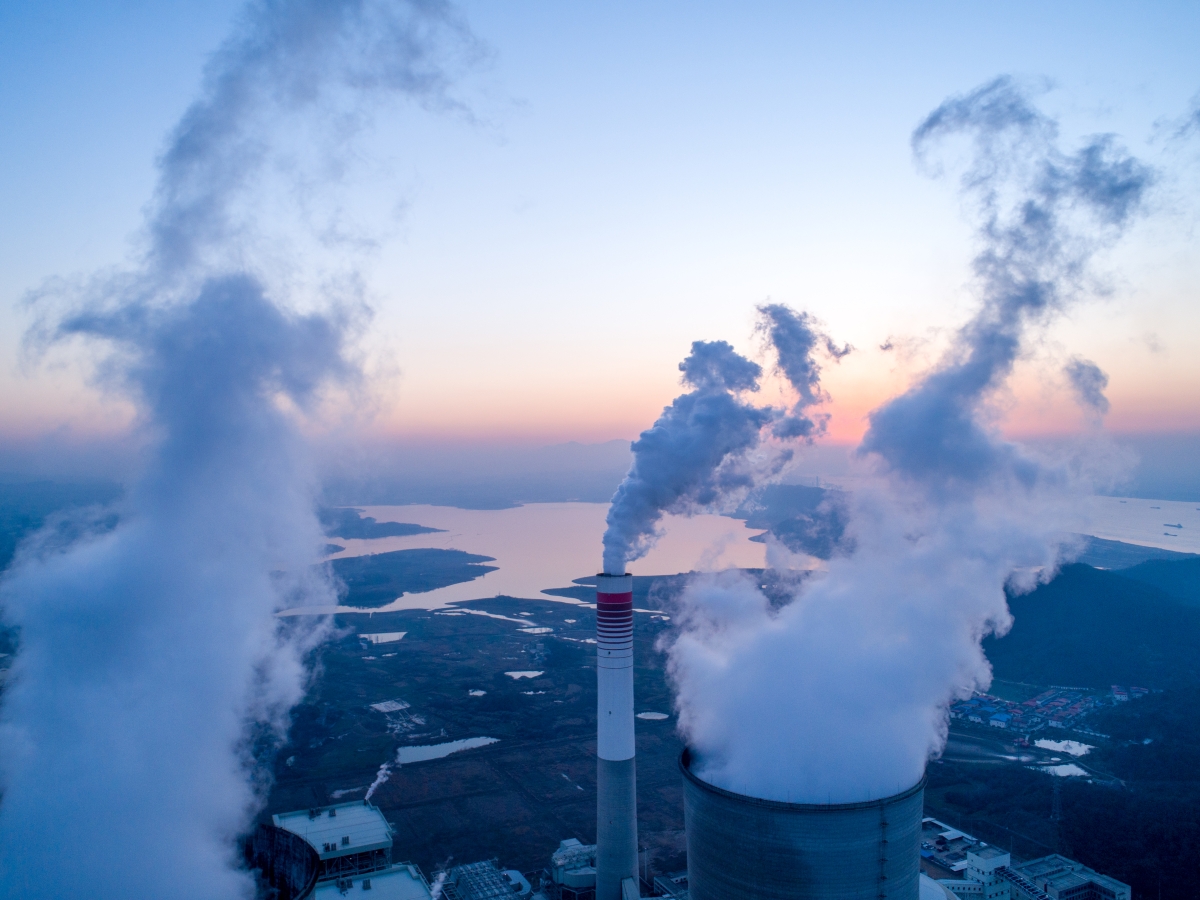China's Emissions Trading System is in Need of Attention
Nikkei Asia

The following is an excerpt from an op-ed by Asia Society Policy Institute Director of Asia-Pacific Sustainability Alistair Ritchie and Senior Program Officer Yi Chen originally published in Nikkei Asia.
April 18, 2023, by Alistair Ritchie and Yi Chen
This year is set to be a milestone in the development of emissions trading systems in Asia.
Indonesia launched a mandatory emissions trading system (ETS) for its power sector in February. This month, Japan plans to launch its national ETS on a voluntary basis. India aims to launch its own carbon market later this year, also initially on a voluntary basis but with mandatory participation to kick in by 2026 for emitters covered by the Ministry of Power's existing Perform-Achieve-Trade system.
Outside of Asia, prices on the European Union's (EU) ETS reached a record high above 100 euros ($110) per ton in February. Furthermore, the EU Carbon Border Adjustment Mechanism is set to go into effect in October, with the effect that the bloc's carbon price will starting from 2026 be applied to imported goods, including those from Asia.
As Asia gains momentum as a hub for carbon-pricing policy development and the influence of the EU's ETS rises, China's national ETS — the world's largest — has remained relatively quiet since its soft launch in 2021.
A long-awaited expansion of coverage to new sectors still remains uncertain and benchmark stringency has only been marginally increased since the system's launch. A road map for future development has yet to be clearly defined and none of the multiple drafts for a proposed national ETS law published over the years have been put into force.
It appears that China is too busy to make its newly established ETS more functional. At last month's National People's Congress, economic stabilization was once again emphasized as the priority. Efforts to combat climate change have been overshadowed by geopolitical and energy security concerns.


